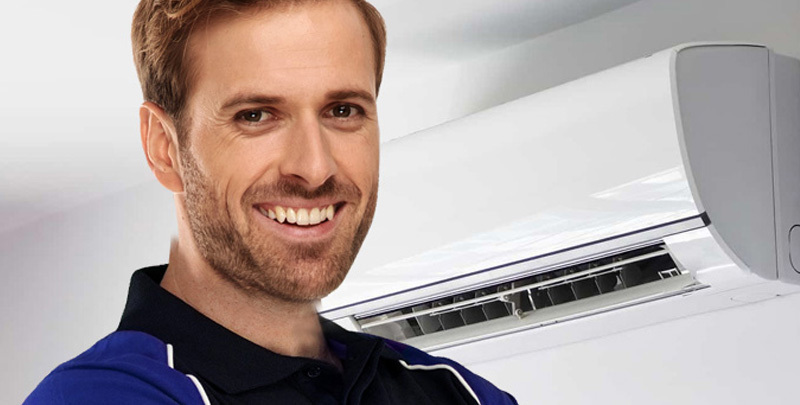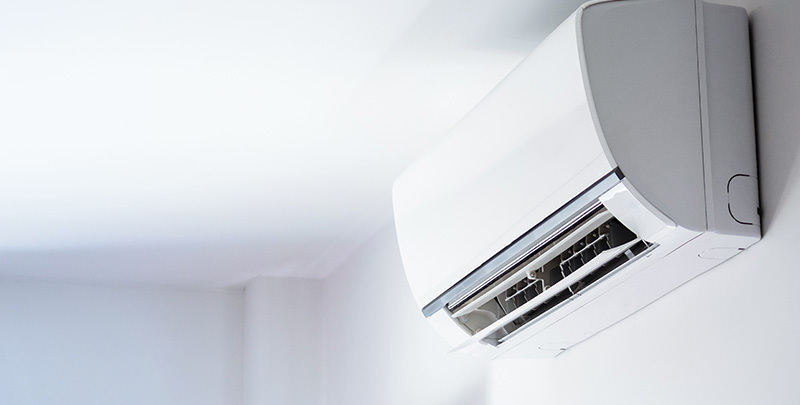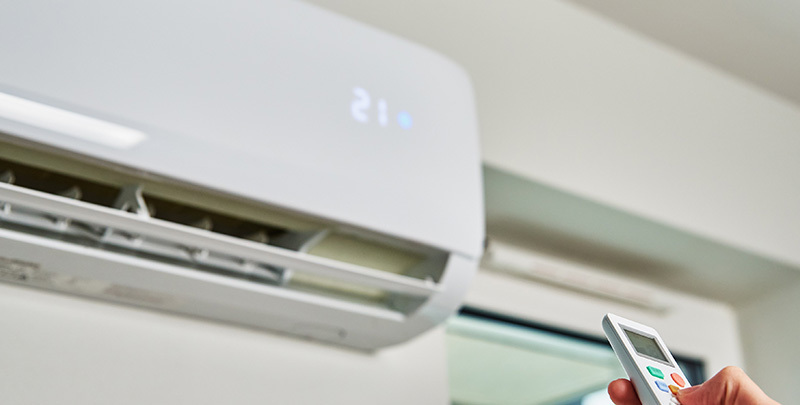Should You Leave Your Split System On All the Time?
Published on : November 28th, 2023

The realisation that you can create your optimal climate within the confines of your home is, quite frankly, a game-changer on the rollercoaster of the famously unyielding Aussie weather.
This superpower to manipulate your comfort level within your four walls hinges on one major mainstay – the split system air conditioner.
Undeniably, the investment in a split system allows you to add a slice of paradise into the blistering Australian summer or a toasty cocoon during the nippy winter.
The question then beckons: Should you leave your split system on all the time in a residential setting? Read on to navigate through this somewhat perplexing query.
Defining the Split System and Its Mechanics
Before delving deeper into your biggest questions about your only split system, it’s important to know how it works first.
-
Where Did the Term “Split System” Come From?
The mysterious term “split system air conditioner” owes its origin to the fact that it’s essentially “split” into two parts.
-
Exploring the Parts of Your Air Con
At its nub, a split system is a type of air conditioning system comprising two primary components: an outdoor unit and an indoor unit. Residing outside the home, typically on an external wall, the outdoor unit contains the compressor, condenser, and expansion valve.
In contrast, the strategically installed indoor unit is designed to blend seamlessly into your interior décor and is preferred for its capacity to cool single rooms, open plan areas, or just specific zones within the home.
-
How Does Your Split System Model Work?
The indoor unit effectively utilises refrigeration to either heat or cool the air and then distribute it throughout the room.
Conversely, the outdoor unit dispenses the resulting warm (or cold) air outside your house. Interestingly, the split system, acting like a reverse cycle, can also warm the air in your home during the colder months.
So, Should the Split System Run Constantly?
In essence, the functioning of a split system is not designed to run incessantly. To elaborate, having to run frequent short cycles can potentially place undue stress on the system, leading to faster wear and tear.
Also, constant operation of your air conditioner can significantly ramp up your running costs by drawing a surplus of power.
-
The Downsides of Maximising Your Unit’s Capacity Range
Contrary to expectations, split systems are engineered to optimise their cooling and heating capacities at peak loads, usually for a shorter cycle.
Consequently, the system running continuously could instead compound the problem by failing to maintain the desired temperature, proving the erroneous belief that leaving the air conditioner on all the time results in a more comfortable home.
-
The Recommended Temperature for Your Split System Air Conditioners
Typically, the optimal air conditioner temperature setting for summer in Australia ranges from 23℃ to 24℃ for optimal comfort and 25℃ to 27℃ for maximum energy efficiency. During winter, setting reverse cycle heating to approximately 18℃ to 20℃ is advisable.
Rather than leaving the split system on incessantly, it’s recommended to adhere to these temperature parameters while also adjusting depending on individuals’ comfort and the prevalent weather conditions.

More Reasons to Give Your Split System a Breather
We all know how tempting it is to keep the air conditioning system running all day, especially during those extremely hot or cold days. But are we sure that’s a wise idea?
Here are some straightforward reasons that might convince you not to keep your split system running for an incredibly long time:
- Wear and tear: Can you imagine running for many hours without taking a rest? That’s how your split system would feel! Constant operation accelerates the wear and tear process of your unit, shortening its lifespan.
- Overworked filters: Generating wholesome air quality is a primary aim of air conditioners. Most models, including major brands like Mitsubishi Electric, Mitsubishi Heavy Industries, and Panasonic, integrate air filters. However, constant operation can erode the filter’s efficacy over time, affecting both system performance and indoor air quality.
- Higher energy bills: It’s simple maths – the longer the system runs, the more energy it consumes. This translates to significantly higher energy bills, even if you have the right air conditioner size and the zoned energy rating label.
- Air quality: Your split system works hard to keep your indoor air clean and fresh. However, when run continuously, the system’s filters might wear out more quickly, reducing the quality of air in your home.
- Noise pollution: Air conditioners can be quite noisy. While indoor and outdoor units are generally installed close to external walls, excessive running can generate noise pollution and potential inadvertent troubles with your neighbours.
- Unequal temperature distribution: The unrelenting operation of your split system doesn’t equate to equally distributed temperature regulation. That’s to say, achieving a consistent temperature throughout the varying rooms of an open-plan house, for instance, may prove somewhat challenging. Specifically designed zoning systems can somewhat mitigate this concern by facilitating the control of the air conditioning across various zones of your house, but it doesn’t entirely solve the uneven distribution problem.

The Centrality of a Professional
Engaging an air conditioning professional, regardless of the air conditioner size, for routine inspection, maintenance, and repair ensures that your system operates at optimal efficiency while reducing costly unexpected breakdowns.
To convince you even more, here are reasons to work with a professional:
- They know their stuff: Sure, you’ve watched a YouTube tutorial or two, but these professionals have spent years learning their trade. No matter the size and model, they’ve got the “know-how” to resolve any issue your split system might throw at them. So why risk it when you can sit back, enjoy a cuppa and leave it to the experts?
- Safety first: Tinkering with your air conditioner ain’t child’s play. Electrical parts, coolant liquids, and other hazards can be a handful to handle. Let’s keep it safe as houses and let the experts handle it!
- Saves dollars: So, you went and bought all the tools, spent hours studying the problem, and you still can’t fix it! The money and time you’ve spent would have covered a professional’s bill and saved you a headache to boot. It’s just good economic sense to get a pro to sort it out!
Give Your Split System a Break
In the ultimate analysis, while the split system’s capability to provide relief from extreme weather is a marvel in itself, how durable and energy-efficient it is lies in its appropriate usage.
With the inclusion of technologically advanced features like Wi-Fi control and zoned energy rating labels offered by major brands, rest assured you’re only moments away from creating a comfortable and harmonious climate within your home.
So, with the question answered and the enigma unravelled, here’s to empowering yourself to make the right choice for both the comfort and longevity of your paradise.
Please note: This information is provided for advice purposes only. Regulations differ from state to state, so please consult your local authorities or an industry professional before proceeding with any work. See our Terms & Conditions here.